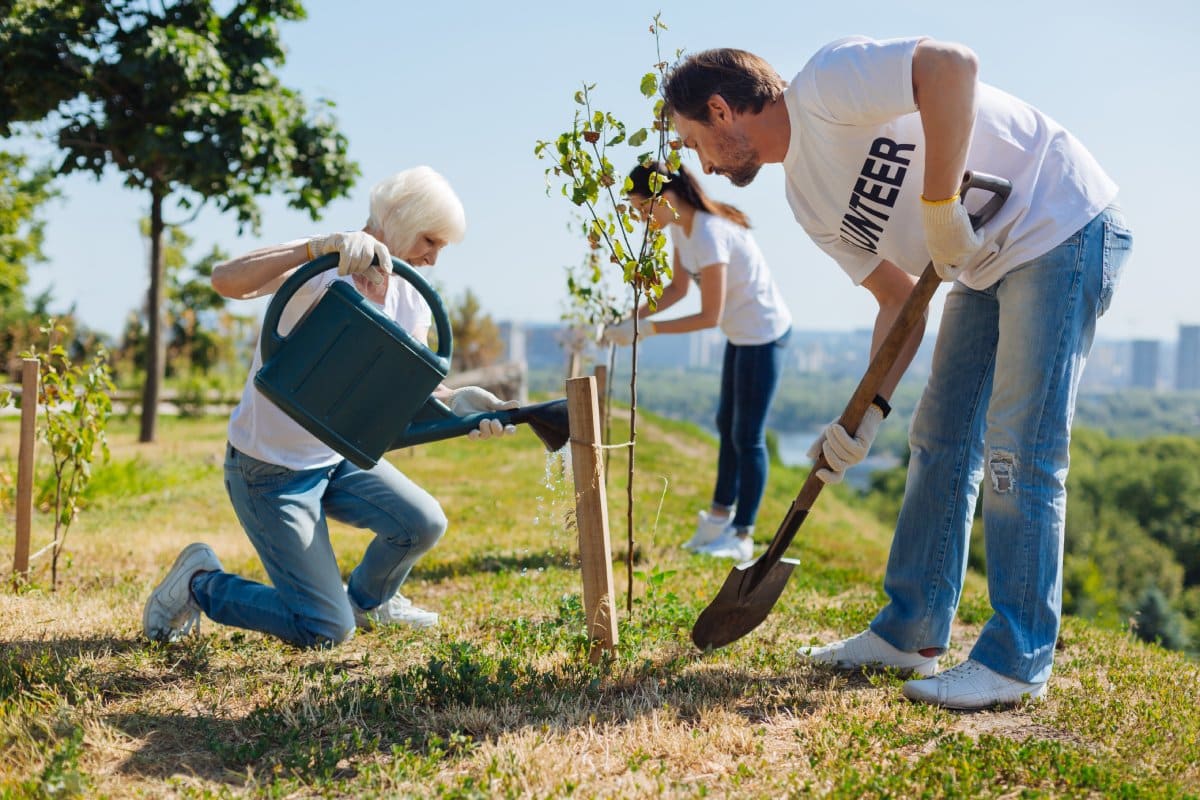Adopting a truly sustainable lifestyle isn’t just about recycling or turning off the lights when you leave a room. It’s a commitment that can be full of challenges. Ready to see what hurdles you might face on the green path?
1. Overcoming Convenience Culture
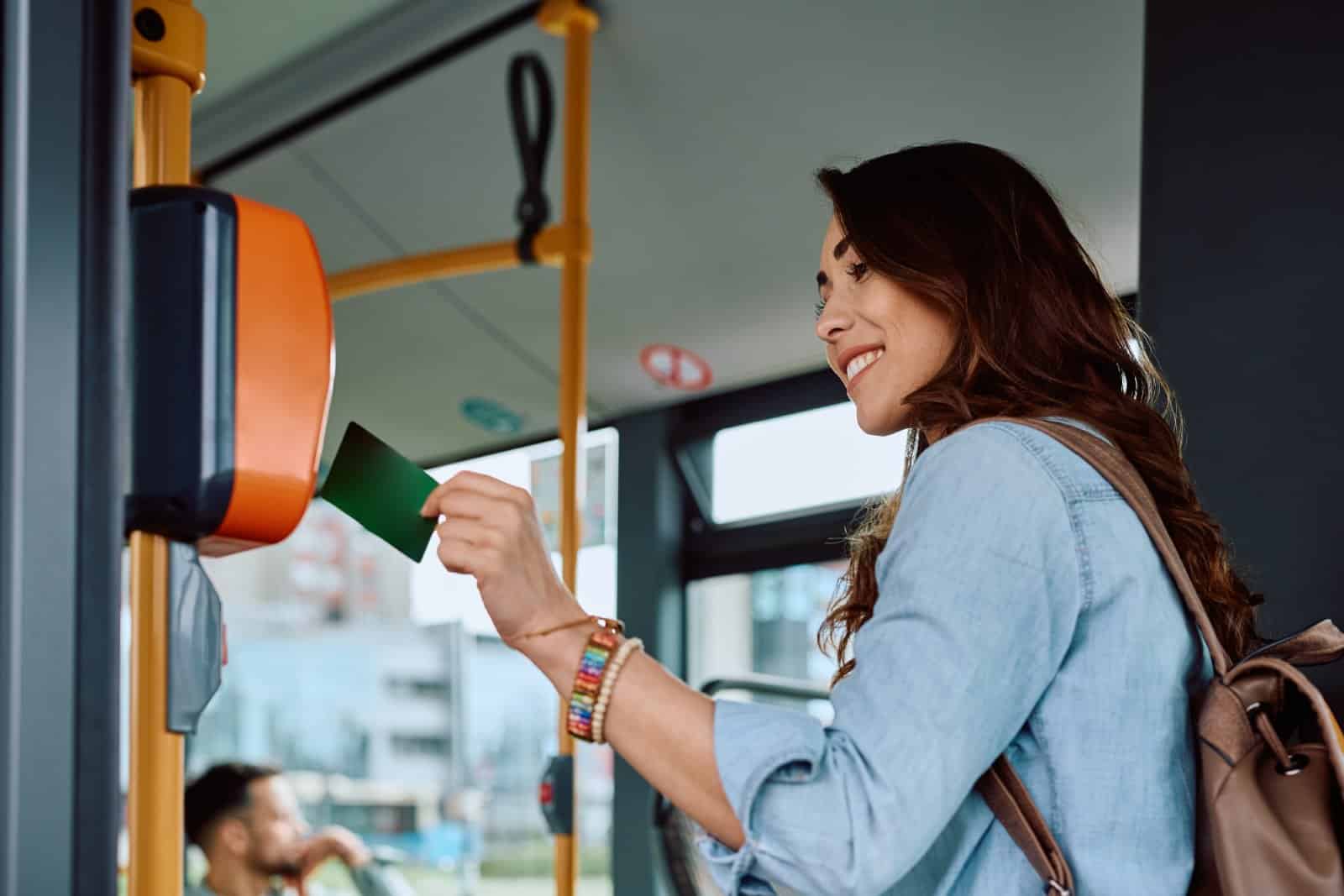
Living sustainably often means choosing the less convenient option. Whether it’s repairing instead of replacing or using public transportation, breaking the habit of convenience can be tough.
2. High Upfront Costs
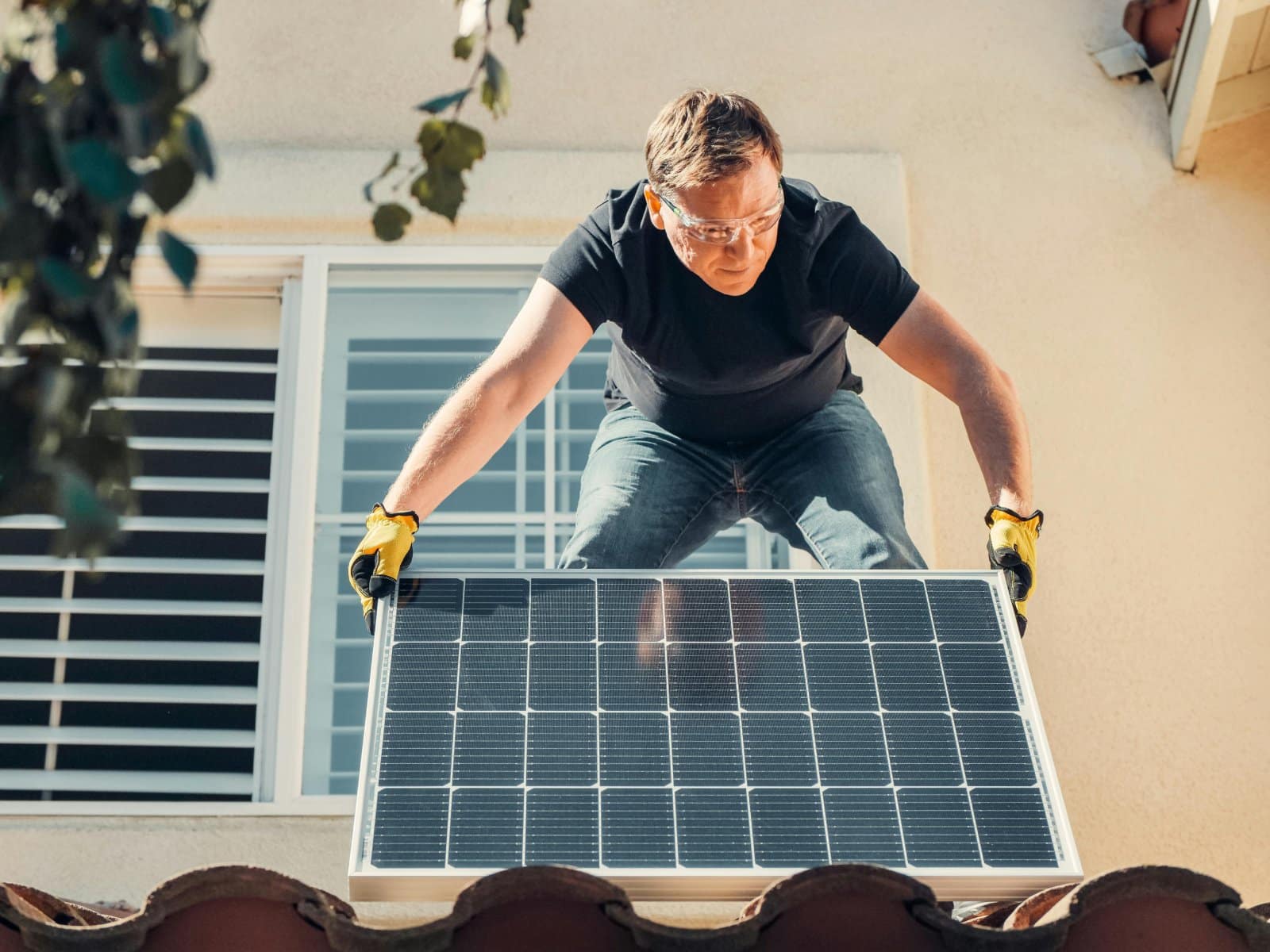
Eco-friendly products, from solar panels to electric cars, often come with higher initial costs. Budgeting for these can be a real challenge for the average household.
3. Limited Availability of Sustainable Options

In many areas, finding sustainable goods and services, like bulk stores or recycling facilities, can be difficult and discouraging.
4. Time Investment

Sustainable living often requires more time. Cooking from scratch, growing your own food, or biking to work takes more time than their less sustainable alternatives.
5. Social Conformity

Going against the grain can be hard. When friends, family, or colleagues aren’t on the same sustainable page, it can create social friction or even isolation.
6. Lack of Information

Understanding what’s truly sustainable can be overwhelming. Greenwashing, where companies falsely claim sustainability, complicates decision-making.
7. Changing Habits

Old habits die hard. Switching to new, sustainable habits often requires a significant shift in behavior and mindset.
8. Scale of Impact

It can be discouraging to think about whether individual actions can truly make a difference in the face of global environmental issues.
9. Regulatory Barriers

Sometimes, local or national regulations can limit sustainable choices, such as bans on rainwater collection or restrictions on solar panel installations.
10. Technological Limitations

Current technology may not always meet sustainable needs effectively, such as renewable energy not being able to fully power a household consistently.
11. Inconsistent Product Labels

Figuring out which products are truly eco-friendly can be challenging due to a lack of standardization in labeling practices.
12. Waste Reduction
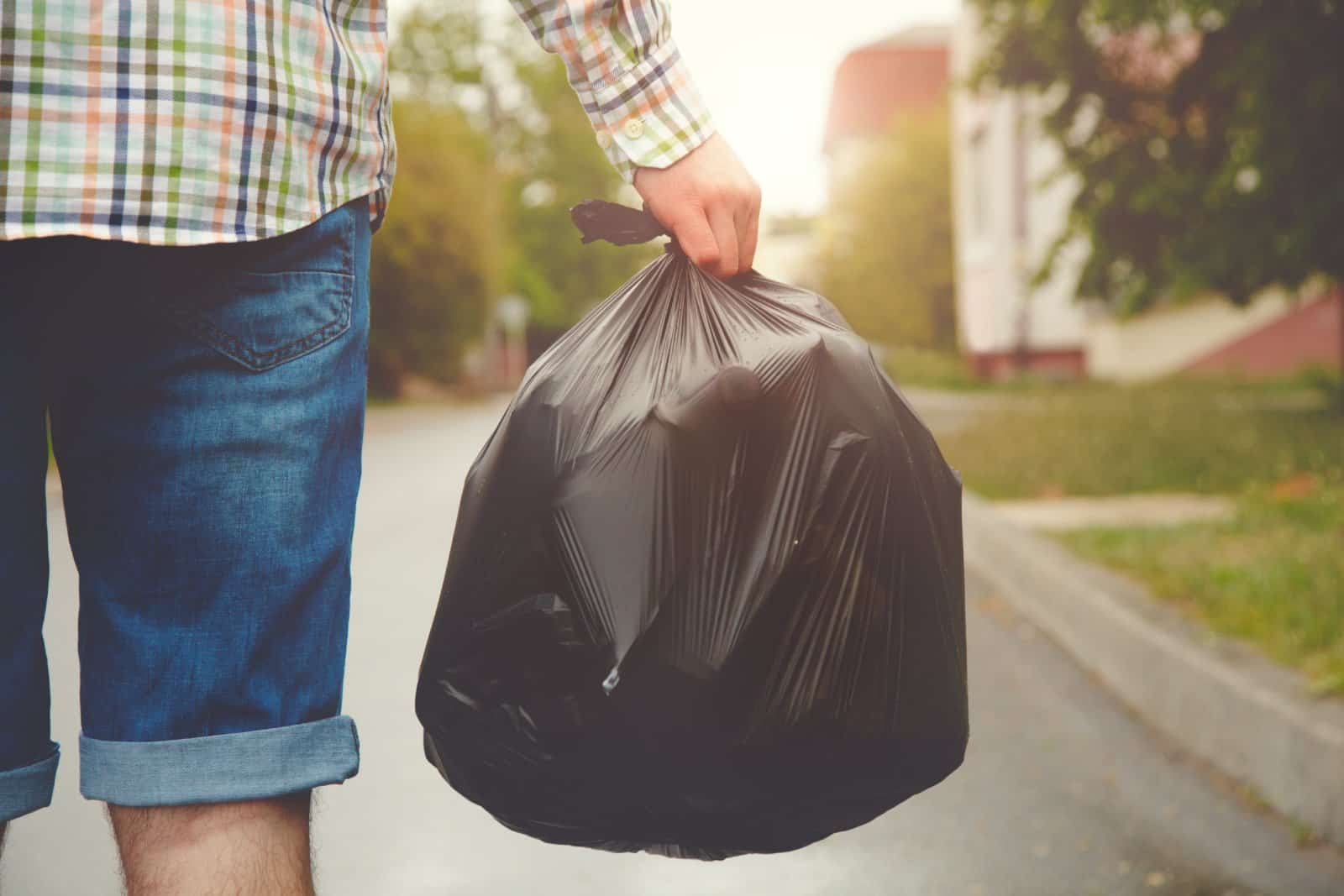
Minimizing waste, especially in a society that emphasizes disposability, can be particularly challenging.
13. Energy Consumption
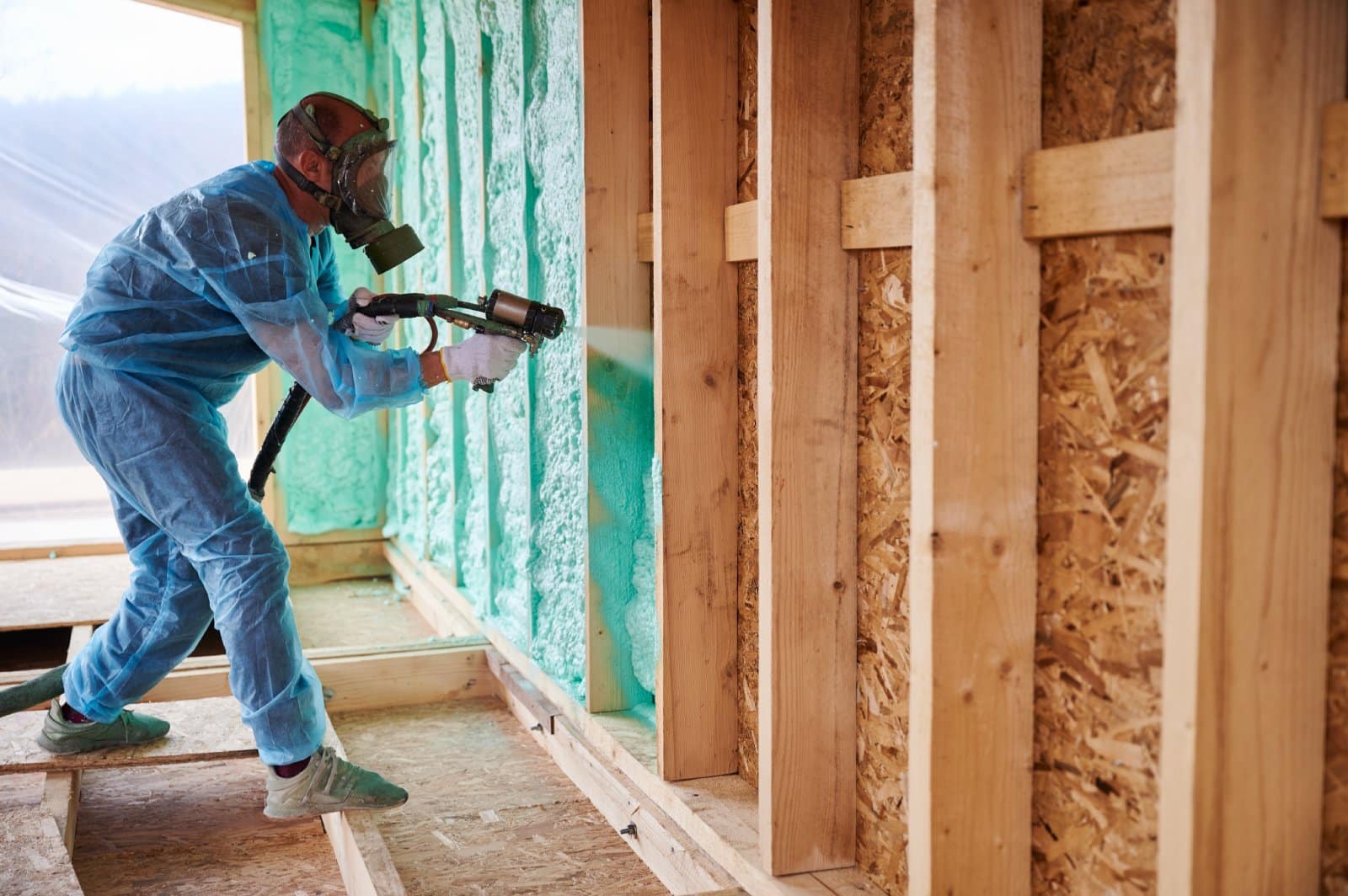
Reducing energy use beyond just switching off lights—like insulating homes or upgrading to energy-efficient appliances—requires effort and investment.
14. Water Usage

It takes conscious effort to reduce water usage, from fixing leaks to installing low-flow fixtures, especially in areas where water seems abundant.
15. Dietary Changes

Adopting a more plant-based diet, one of the most impactful sustainable choices, can be a significant and personal challenge for many.
16. Transportation Changes

Switching to biking, walking, or public transportation, especially in car-centric cultures or poorly planned cities, can be daunting.
17. Eco-Friendly Shopping

It’s challenging to consistently choose eco-friendly products, from clothing to cleaning supplies, especially when they’re not readily available or affordable.
18. Resistance to Change

Mental barriers and resistance to change can halt progress towards more sustainable practices.
19. Professional Limitations

In some careers, there are significant limits on how sustainable one can be, such as required travel or industry-specific practices.
20. Cultural Barriers

In many cultures, certain unsustainable practices are deeply ingrained, making them harder to abandon.
21. Financial Priorities
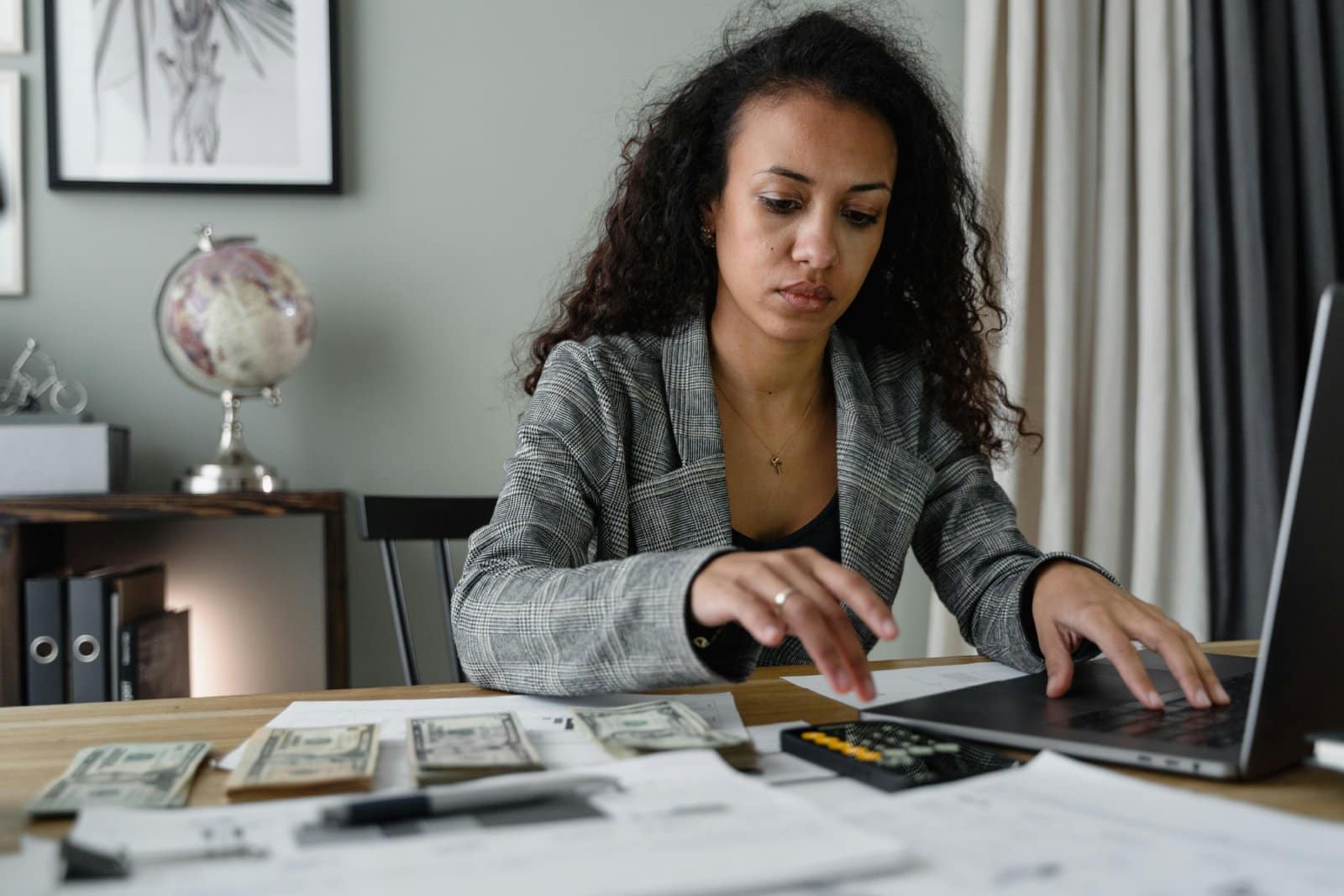
For many, immediate financial concerns take precedence over sustainable choices, which can often seem like a luxury.
22. Lack of Community Support

Without a community or support network, making and maintaining sustainable choices can feel overwhelming and futile.
23. Keeping Informed

Staying updated with new and more effective sustainable practices requires constant learning and adaptability.
24. Balancing Sustainability and Modern Life
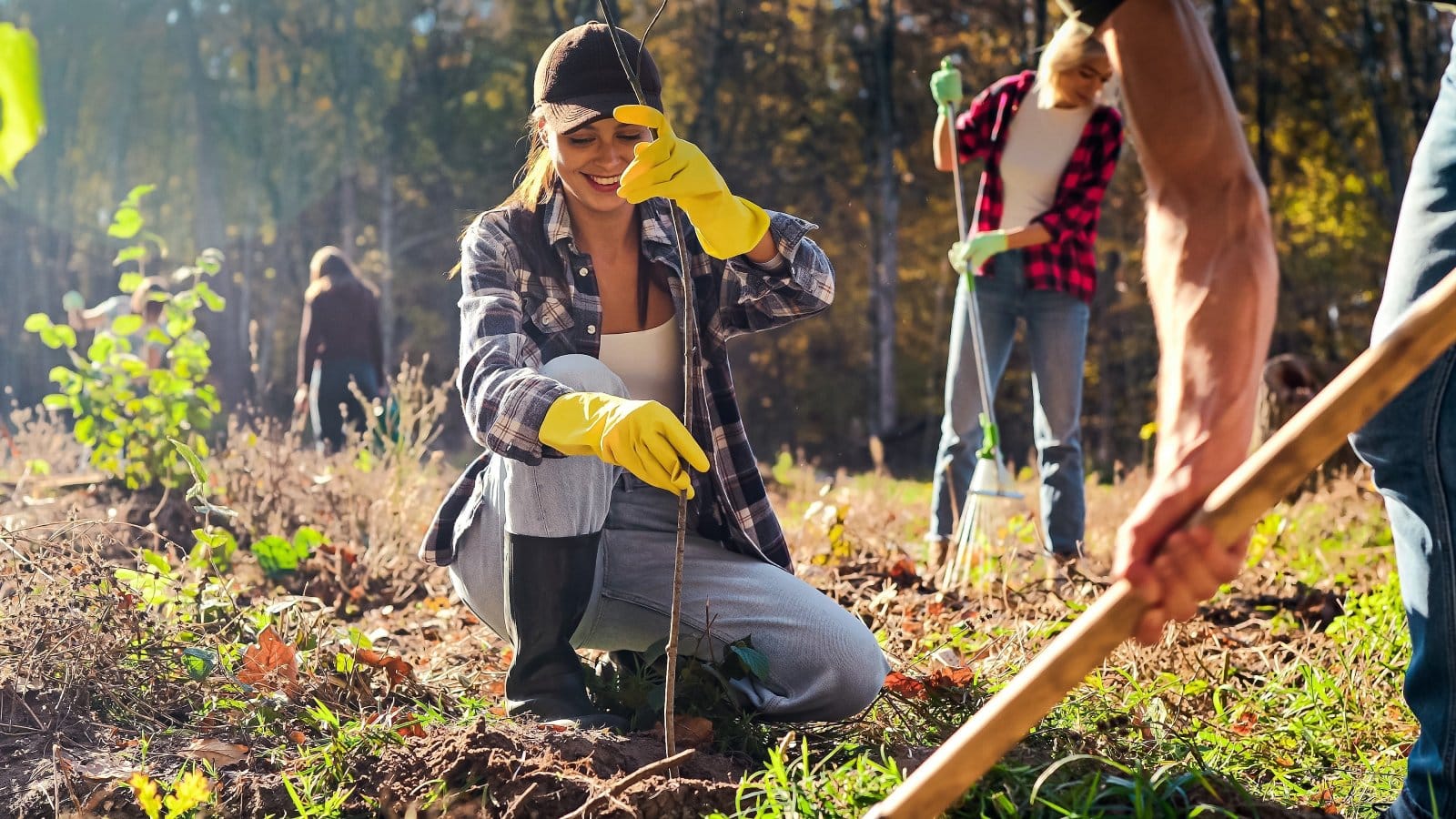
Finding a balance where sustainability complements modern conveniences rather than conflicts with them is an ongoing challenge.
25. Dealing with Setbacks

Setbacks are inevitable, whether personal failures or larger systemic issues. Overcoming them without losing motivation is key to long-term sustainability.
The Green Grind

Remember, every small step towards sustainability is a victory. It’s not about being perfect; it’s about being aware and making conscious choices whenever possible. Ready to tackle these challenges?
Featured Image Credit: Shutterstock / YAKOBCHUK VIACHESLAV.
The content of this article is for informational purposes only and does not constitute or replace professional financial advice.
For transparency, this content was partly developed with AI assistance and carefully curated by an experienced editor to be informative and ensure accuracy.

